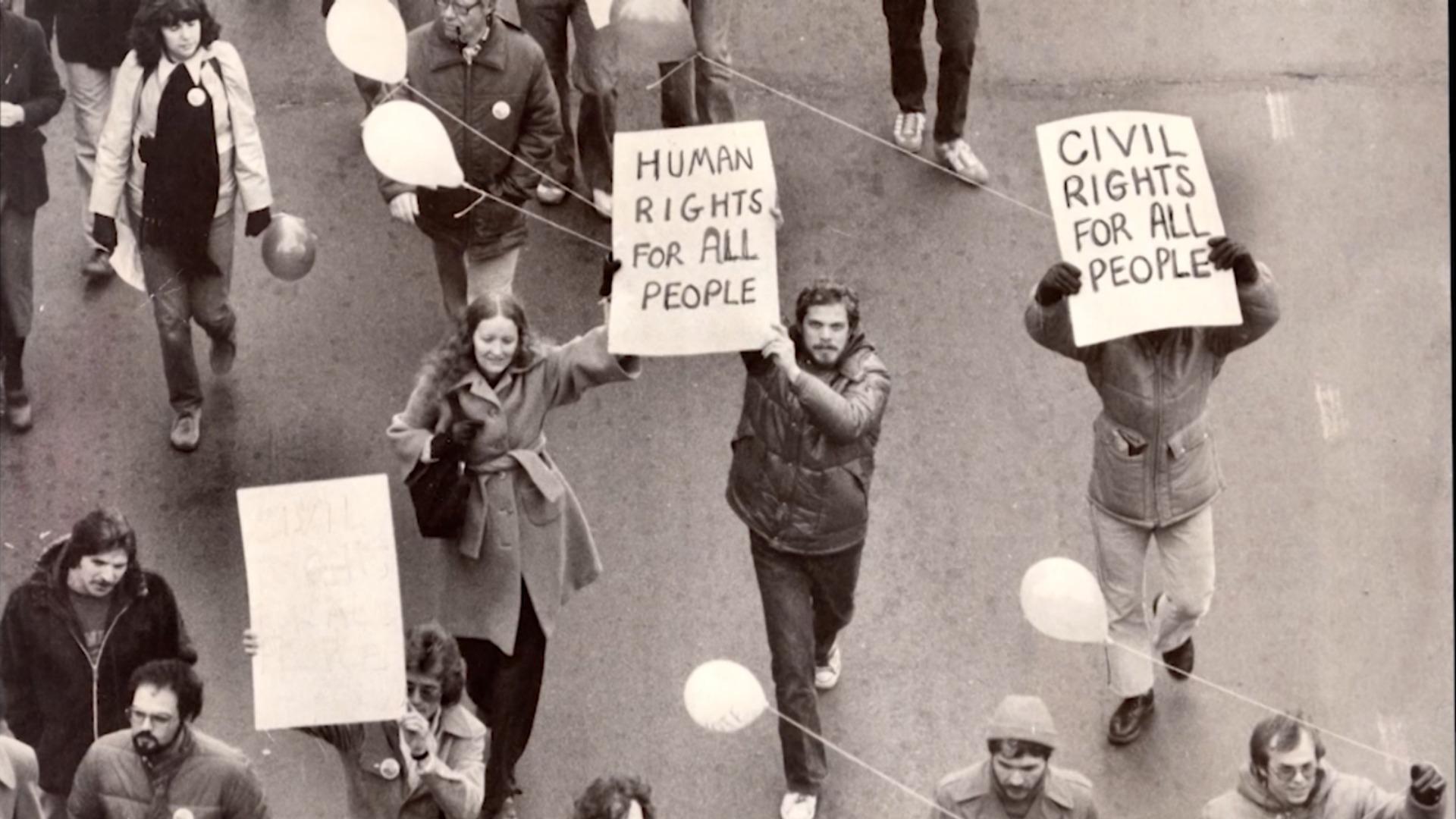
Elusive Anita Bryant: Icon of Division and LGBTQ+ Advocacy
The Complex Journey of a Controversial Figure
Anita Bryant, an American singer and activist, ascended to prominence in the 1970s as a figurehead for the anti-gay rights movement. Her unwavering advocacy for traditional family values and opposition to LGBTQ+ rights sparked fierce controversy, dividing society and leaving an indelible mark on American history. However, in recent years, a more nuanced understanding of Bryant’s life and legacy has emerged, revealing a more enigmatic and complex individual.
Anti-Gay Crusader
In 1977, Bryant launched a crusade against a Miami-Dade County ordinance prohibiting discrimination based on sexual orientation. Her campaign, backed by conservative religious groups, mobilized thousands of Floridians to repeal the ordinance, marking a major setback for the LGBTQ+ rights movement. Bryant’s rhetoric painted homosexuality as a grave threat to society, arguing that it undermined family values and posed a danger to children. Her influence extended beyond Miami, galvanizing anti-gay sentiment nationwide and contributing to the rise of the religious right as a political force.
Shifting Allegiances
In the ensuing decades, Bryant’s views underwent a dramatic transformation. After retiring from activism, she gradually distanced herself from the conservative movement that had once embraced her. In 1997, she publicly apologized to the LGBTQ+ community for her past opposition to their rights. While some dismissed her apology as insincere, others welcomed it as a sign of personal growth and remorse.
LGBTQ+ Advocacy
In the years following her apology, Bryant’s involvement in LGBTQ+ activism grew. She met with LGBTQ+ leaders, attended Pride events, and spoke out against discrimination and violence. Her journey from anti-gay crusader to LGBTQ+ advocate left many grappling with the complexities of her character and the possibility of genuine redemption. Bryant’s experience serves as a reminder of the fluidity of human beliefs and the potential for personal transformation.
Competing Perspectives
Anti-Gay Activist: Many who initially supported Bryant believe that her apology was a calculated move and that she remained anti-gay at heart. They point to her silence during the AIDS crisis and her continued association with conservative organizations as evidence of her insincerity.
LGBTQ+ Advocate: Supporters of Bryant’s transformation argue that her apology was a genuine expression of regret and that she made significant efforts to atone for her past actions. They highlight her involvement in LGBTQ+ events, her support for pro-LGBTQ+ legislation, and her willingness to engage in dialogue with LGBTQ+ people.
Journal Research and News Articles
The Washington Post (2019): “Anita Bryant’s Journey from Anti-Gay Activist to LGBTQ Ally” provides a detailed account of Bryant’s evolution, exploring her reasons for opposing and later embracing LGBTQ+ rights.
Implications and Conclusion
The legacy of Anita Bryant remains a subject of ongoing debate and reflection. Her actions as an anti-gay activist had a profound impact on American society, setting back LGBTQ+ rights and fueling discrimination. However, her subsequent transformation and advocacy for LGBTQ+ equality have raised questions about the possibility of personal redemption and the role of apology in reconciliation.
Bryant’s journey serves as a reminder that human beings are capable of both great harm and great change. Her life story challenges simplistic narratives of good and evil, reminding us that even the most entrenched beliefs can evolve over time. Ultimately, the complexities of Anita Bryant’s life and the lessons they offer about society, human nature, and the potential for growth continue to resonate today.
